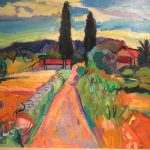This episode takes time out from visiting the sights of Florence to focus on Nicolo Machiavelli whose name, 5 centuries after his death, is still a ‘byword for treachery and self-interest’. The one-time Secretary to the Council of Florence, whose office we visited in the Palazzo Vecchio in the last episode, is known today for his pithy writings. This post gives a few biographical details, then looks at his work, from his advice to a former boss on how to succeed politically to ‘perhaps the most famous letter ever written in Italian’. Learn from Machiavelli whether ruthlessness pays off and how you can gain the respect of all the underlings who work for you.
who was machiavelli?
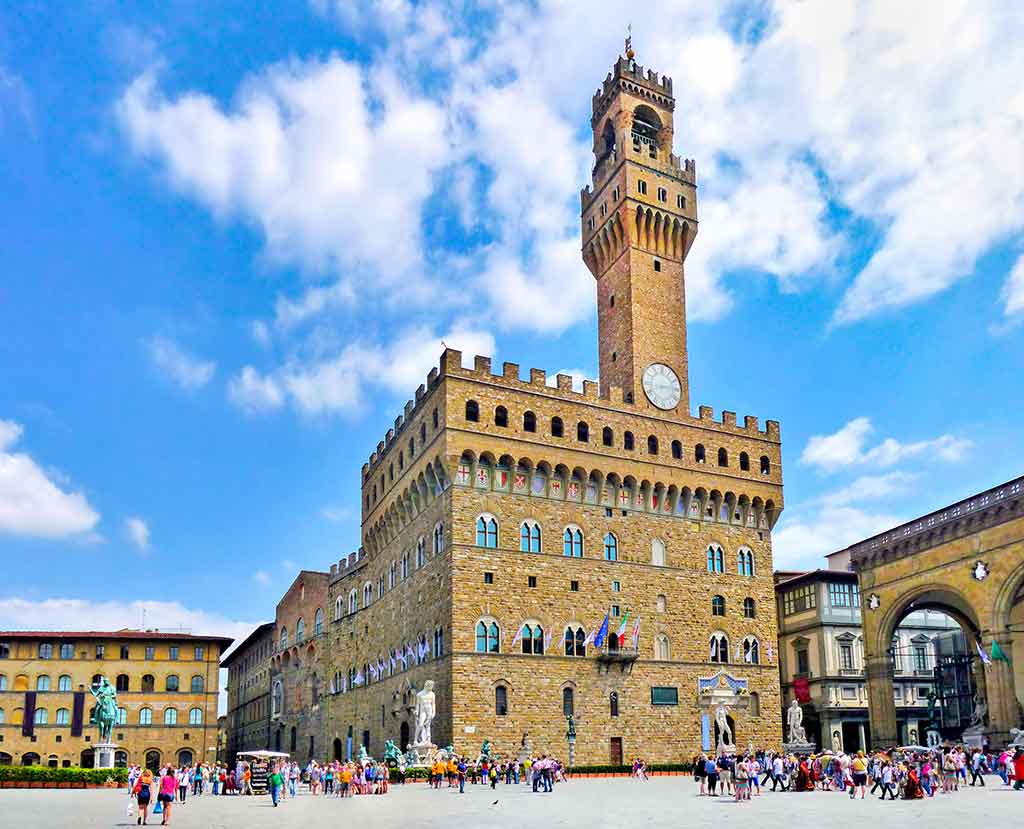

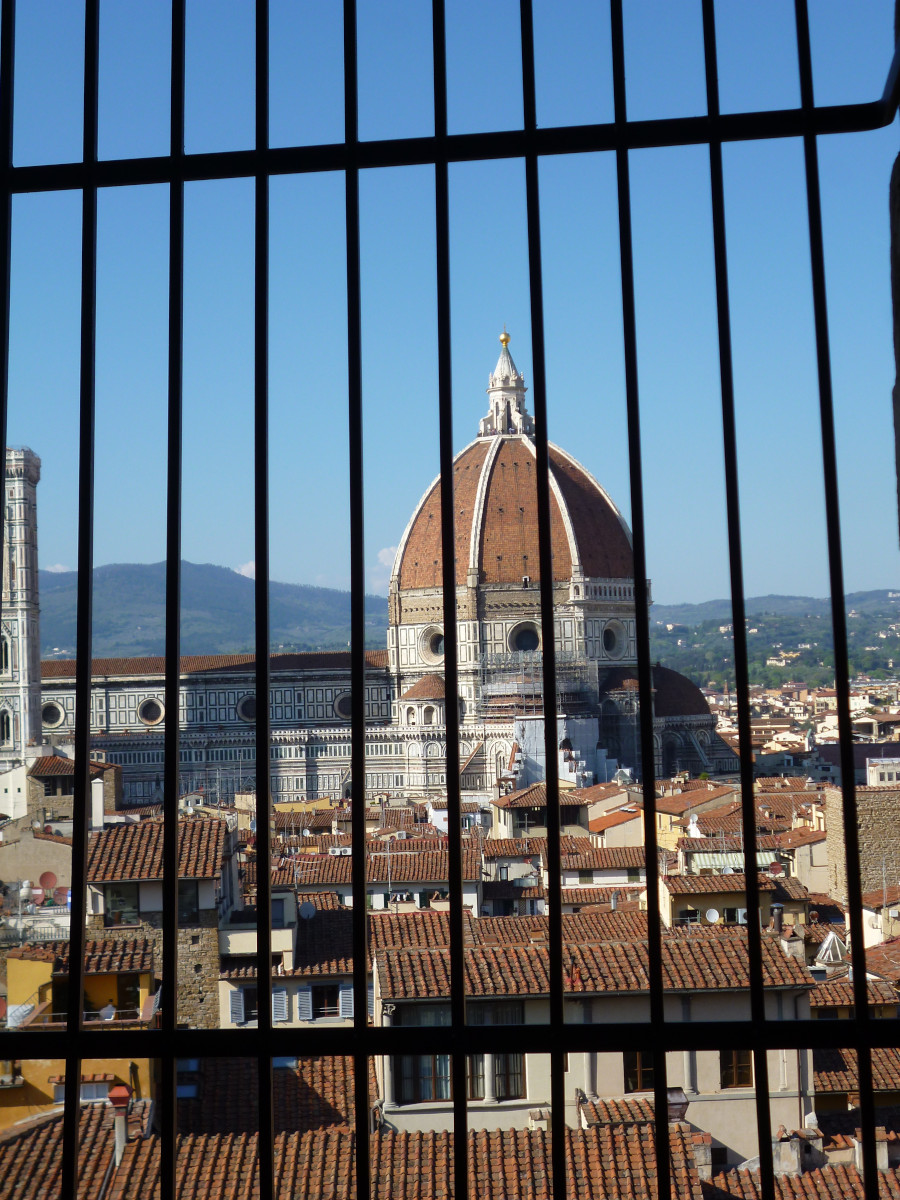
In 1501, Machiavelli was sent as an ambassador to the court of the Borgia family and was immediately impressed by the ruthless Cesare Borgia who – for instance – invited his enemies for talks and had them murdered on the way home. Back in Florence, Machiavelli spent 14 years as Chancellor in the city’s ruling body, the Signoria, before being falsely implicated in a plot against the Medici family, for which he was tortured, imprisoned and then exiled. He spent the rest of his days in San Casciano in the Florentine countryside, gazing longingly back at the city where he had once been so important. You can visit his house there today
the prince
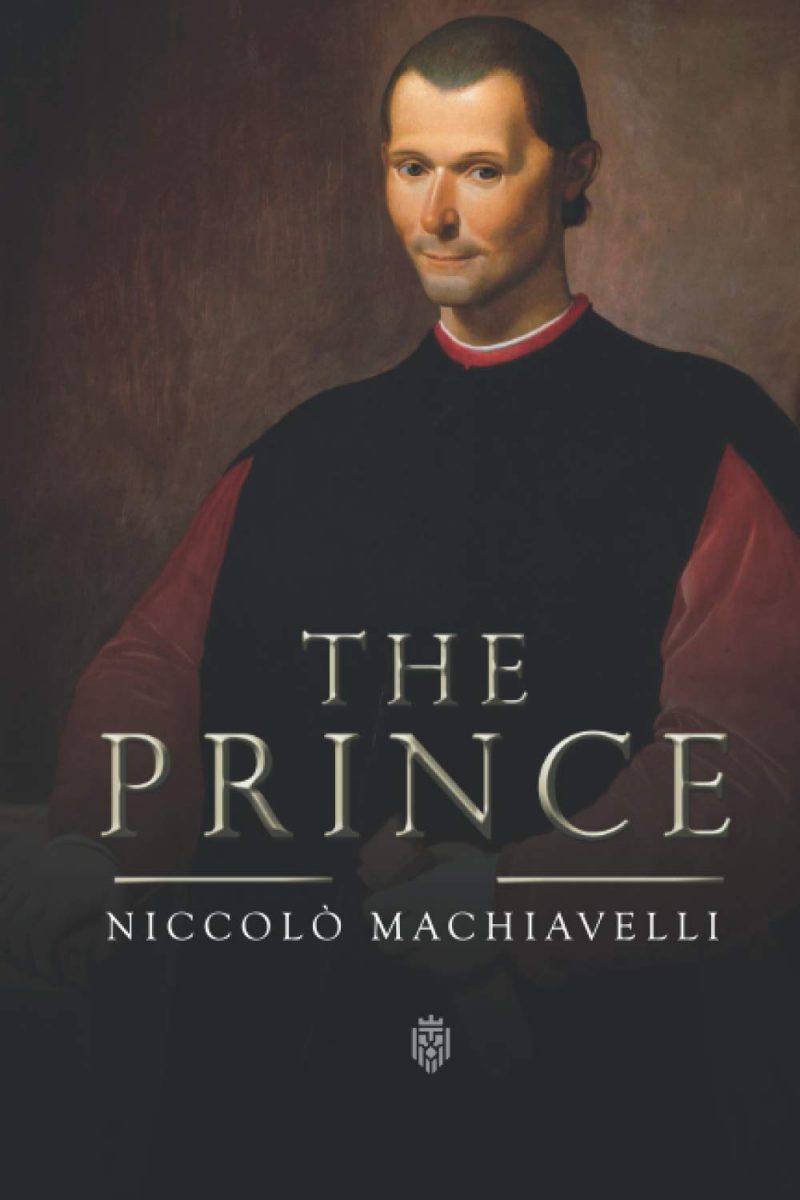
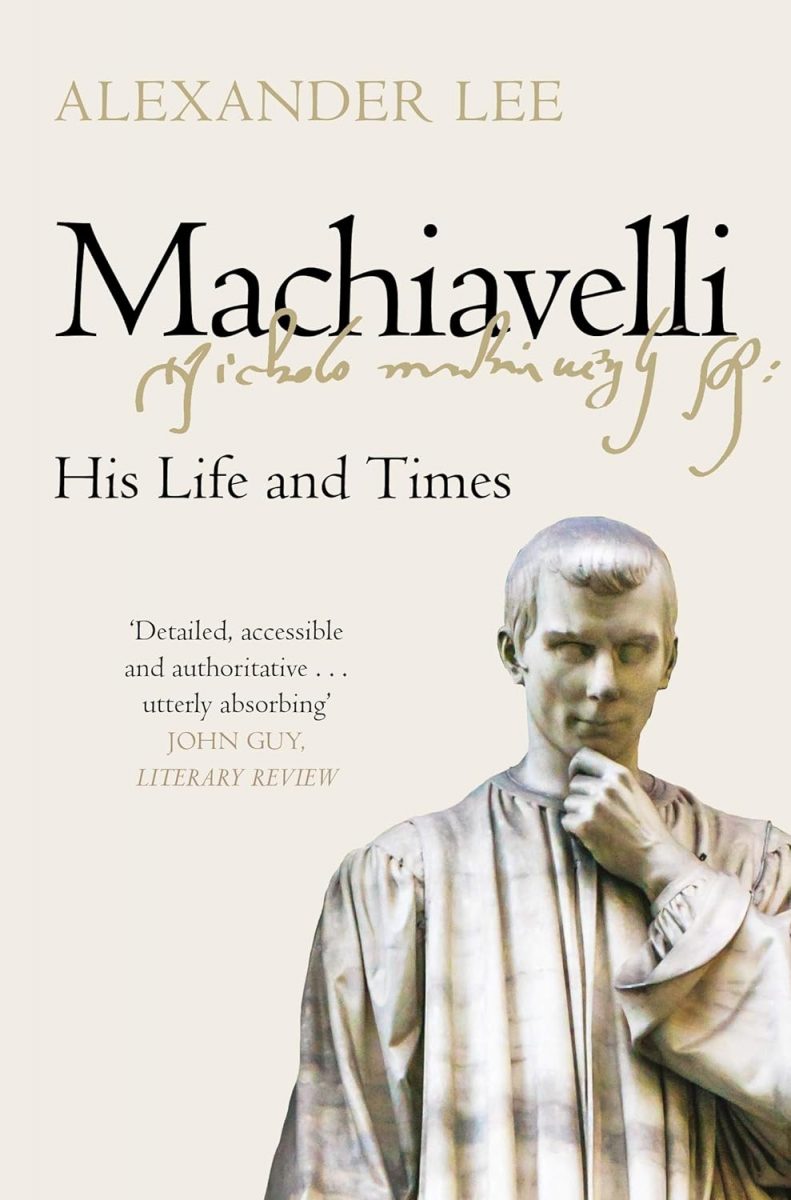
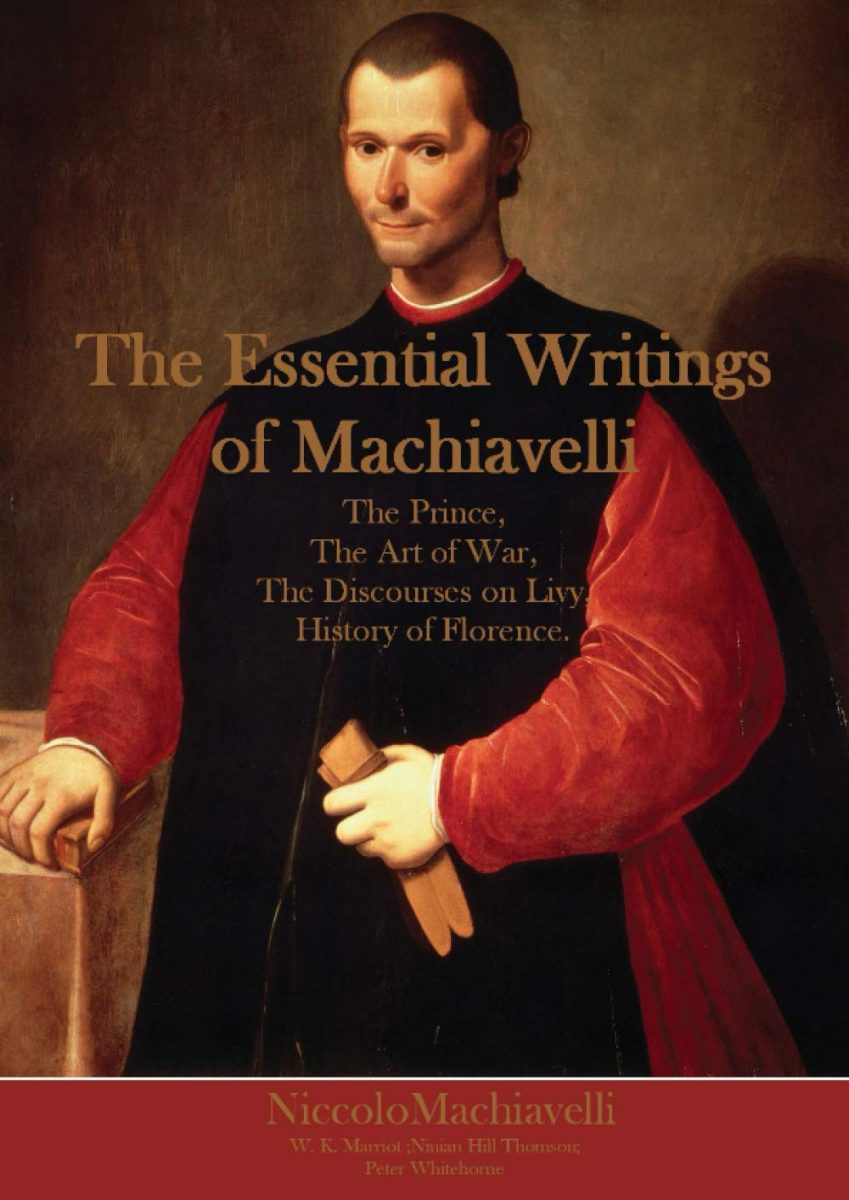
Machiavelli wrote The Prince as advice to his former bosses, the rulers of Florence, dedicating it to Giuliano di Medici in the hope of proving his worth and being recalled to a top job in Florence. It’s a work of ruthless pragmatism, advising on how to succeed as a leader. You need, he explains, to be on constant lookout for deceit, hypocrisy and fraud in others. Here are some choice quotations.,
3 ways to deal with a country you have just invaded.
‘The first is to reduce them to rubble, the second is to go and live there yourself, the third is to let them go on living under their own laws, make them pay you a tax and install a government of just a few local people to keep the state as a whole friendly.’
On how rulers should use their wealth
If you are too generous, you’ll run out of money. If you spend less you will be able to keep taxes low and impress your subjects. The key advice? ‘Either a ruler is spending his own and his subjects’ money, or someone else’s. When the money is his own or his subjects’, he should go easy; when it’s someone else’s he should be as lavish as he can.’
On other people’s worth
‘There are actually three kinds of mind: one kind grasps things unaided, the second sees what another has grasped, the third grasps nothing and sees nothing. The first kind is extremely valuable, the second valuable, the third useless.’
On managing others
Beware of flatterers. Let people know they can speak freely to you, but remember that ‘when anyone and everyone can tell you the truth, you lose respect.’ So, choose intelligent men (the idea of working with a woman never occurred to Machiavelli) as ministers, and tell them to be honest with you, but only when you ask them to. ‘Listen to their opinions, then make up your mind, following your own criteria.’ And then, whatever you do, remain firm.
the most famous letter in italian
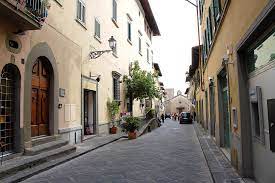
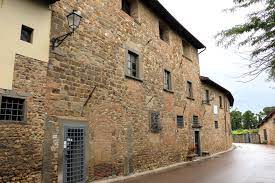
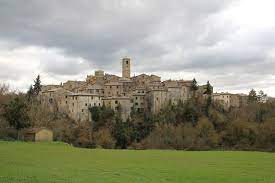
This long letter, written to a friend while in exile, describes the life Machiavelli led in exile. Typically, he spent his day as follows:
- a morning walk through the woods, pausing to talk to workmen and settle their disputes, which were ‘usually over nothing’.
- Stopping in a clearing to read some Dante or Petrarch because ‘this makes me happy for a while’.
- Going to the local inn to gossip and ‘observe mankind.’
- Returning home for ‘poor food’, then back to the inn to spend the evening playing cards ‘with the innkeeper, butcher, miller, a few brickmakers’. There would, he wrote, be arguments and much shouting over ‘a penny or two’.
- When he tired of being ‘cooped up with vermin’ he would return home, change into ‘robes of court and palace’ and spend the late evening reading the classics, which he described as ‘that food for which I was born’.
Listen to the POdcast
Reading suggestions
The Prince by Nicolo Machiavelli
The Essential Writings of Nicolo Machiavelli by Nicolo Machiavelli and Ninian Hill Thompson
Machiavelli, His Life and Times by Dr Alexander Lee
links for this post
The Palazzo Vecchio
Visiting Machiavelli’s House at San Casciano
Previous episode Discovering the Palazzo Vecchio
Next episode The Palazzo Pitti
Last Updated on November 21, 2024 by Marian Jones



